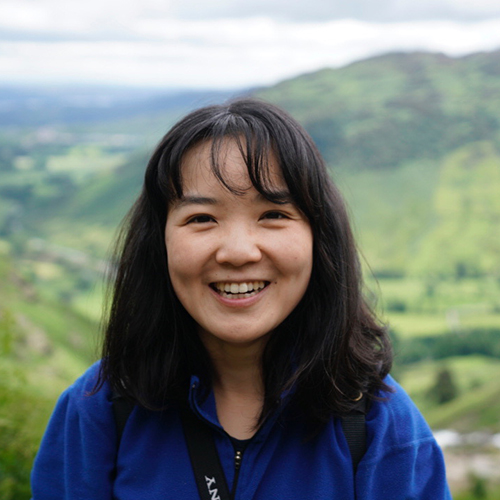Light and Matter Physics
Applications using optical, electrical, magnetic and(or quantum properties of materials are vital to our modern society. Semiconductor lasers and optical communication are cornerstones of the internet and solar cells power our houses. Superconductors are used for medical imaging and creating strong magnetic fields and magnetic materials are used for data storage and for creating and distributing electricity. New applications using various quantum aspects of materials with special and unique properties are steadily developing.
Light and Matter Physics at KTH
In this track, you will receive a broad knowledge about optics and the physics of solid materials in order to be able to specialize in either optics, photonics or solid state physics. The Light and Matter Physics track combines theoretical knowledge of solid materials and optics with experimental methods to measure optical and materials properties.
You must choose a minimum of 40 ECTS credits of core knowledge courses within the track. Among them, there are two strongly recommended courses, one on light propagation ( SK2303 Optical physics ) and the other on properties of solid materials ( SK2758 Solid state physics ), which gives a solid background for all other courses in the track. You can then choose your own direction within the field from a wide range of courses.
Specialised courses are taught by researchers at the Department of Applied Physics, often in close relation to their research topics. These courses give an excellent preparation for the master’s degree project and for future career in industry or academia. For example, some modern topics within optics and photonics are taught in courses on quantum optics ( SK2900 Quantum photonics ), laser physics ( SK2411 Laser physics ), semiconductors ( SK2907 Semiconductor photonics ). Advanced properties of materials are for example taught in courses on magnetism and superconductivity ( SK2908 Macroscopic quantum phenomena – superconductivity and magnetism ) and on advanced properties of materials ( SK2904 Quantum materials ).
Career
After completing your master's degree in this track, both academic and industrial routes will be open to you. Students interested in research can contact the different research groups during their studies and often continue to pursue PhD studies in Sweden or other countries. Students interested in the industry often go to research and development in Swedish or international companies. Optics, photonics and electric materials are an enabling technologies for many technology-based companies, and people with relevant competence in the field are in high demand.
Graduate interview

